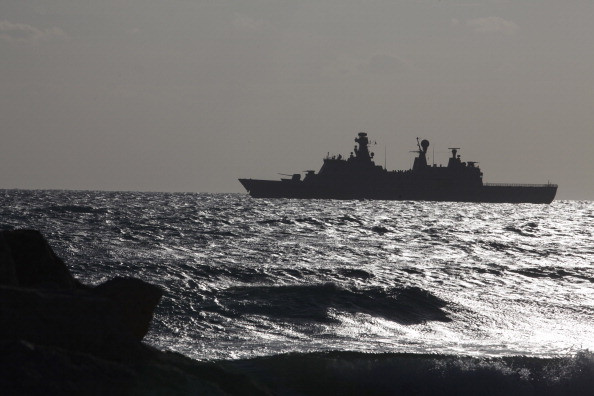Russia threatens Denmark with naval nuclear attack

Russia's ambassador to Denmark has warned Moscow could send nuclear missiles against ships from the Scandinavian country if it joins NATO's missile defense system.
"I do not think Danes fully understand the consequences of what happens if Denmark joins the US-led missile defense. If this happens, Danish warships become targets for Russian nuclear missiles," Ambassador Mikhail Vanin was quoted in the Jyllands-Posten newspaper on 21 March.
I do not think Danes fully understand the consequences of what happens if Denmark joins the US-led missile defense. If this happens, Danish warships become targets for Russian nuclear missiles.
If the Danes join the missile shield, "we risk considering each other as enemies," said Vanin.
In response, Danish Foreign Minister Martin Lidegaard said Vanin had clearly "crossed the line" and called his comments "unacceptable".
"It never has and never had anything to do with Russia," said Lidegaard while maintaining the missile shield was a means of defense against terrorist organizations.
"Russia knows very well that Nato's missile defence system is defensive. We disagree with Russia on many important things, but it is important that the tone between us remains as positive as possible."
No immediate plans of a meeting between the two diplomats was announced, reported AP News.
Meanwhile, the US Ambassador to Denmark, Rufus Gifford, tweeted on 21 March that Vanin's remarks, "do not inspire confidence".
US stands w/ DK in condemning statements made by Russia's Amb to DK. Such statements do not inspire confidence or contrib to peace/stability
— Rufus Gifford (@rufusgifford) March 21, 2015Denmark had agreed to contribute to NATO's shield with at least one frigate with advanced radar capacity in August last year.
Russia, however, is in strong opposition of the missile defense system that is planning bases in Romania and Poland.
Russia's ties with the world leaders have dramatically worsened since the Ukraine crisis.
On 21 March, David Cameron along with several other EU leaders decided on extending sanctions against Russia until the terms of a Ukraine ceasefire agreement are met.
© Copyright IBTimes 2025. All rights reserved.






















